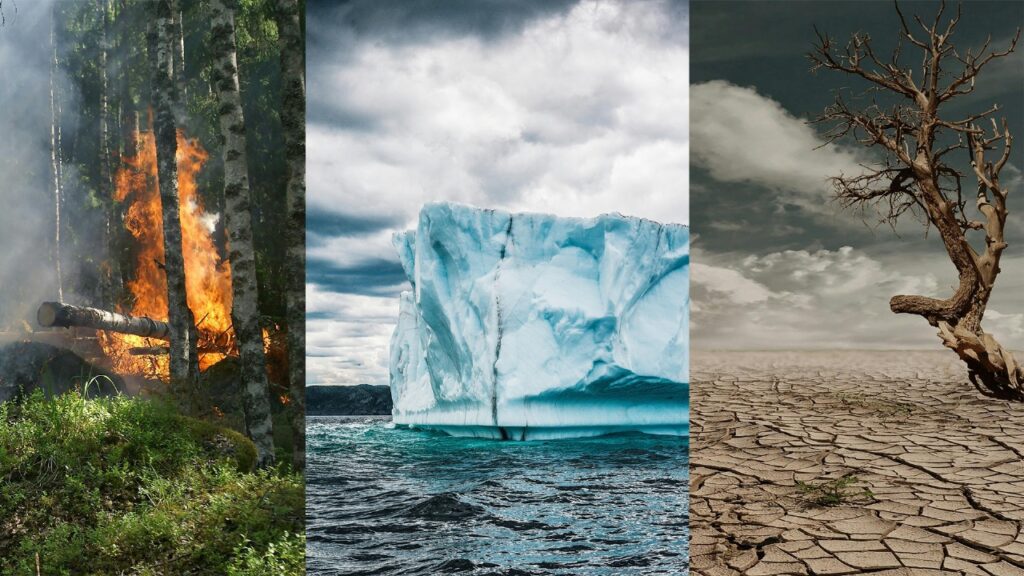The Climate Crisis is one that policymakers are still not comprehending the gravity of

by Abu Bakar Bin Alam,
5 November, 2025
The Paris Agreement will turn 10 years old in a few months, and we have very little to show any 10-year-old child about what the world has done to fulfil its commitments. The time for polite facades is long past. Humanity has failed unequivocally. Climate change is very real, and no amount of denial or procrastination will keep its effects at bay.
The developed countries, the biggest emitters of greenhouse gases and beneficiaries of globalised economies, have failed by dint of delaying emission cuts. And the Global South, the smallest emitters and most wholesale victims, have failed by not changing enough hearts and minds with lived experience.
What makes this failure even outrageous is that there is no dispute over the effectiveness of climate solutions. Fossil fuels run out, fossil fuels harm the environment, and fossil fuels are not sustainable. Solar power does none of those things, and yet there is so much resistance all over the world towards it.
China is the biggest emitter of greenhouse gases like carbon dioxide in the world. But in the past decade, they have shown incredible progress in rolling out solar power infrastructure nationwide, drawing upon the sunshine in their western borders to power trains in the eastern coastal cities.
In Europe, the Netherlands, Spain, and Germany are solar power models for their neighbours through aggressive policies. In Q2 2025, 54% of the net electricity generated in the European Union came from renewables. The largest year-on-year increases were recorded in Luxembourg (+13.5%) and Belgium (+9.1%), both due to the increase in solar energy.
This is tremendous progress, undoubtedly, but it has taken too long.
About a week ago, the Systems Change Lab released a report titled “State of Climate Action 2025”, where the unequivocally stated that the world is going to fail to limit the temperature rise within 1.5 degrees Celsius as per the Paris Agreement. Deforestation is taking place all over the world at an alarming pace, and the fossil fuel transition is perhaps the most glaring concern among them all.
Climate Finance and Advocacy
The faster countries adopt techniques that cause less harm to the planet, the more we can delay the worst consequences of climate change. Both adaptation and mitigation require climate financing, and there has been a glaring deficiency for 10 years now. We know solutions work; we are witnessing their transformative changes, but we are not moving fast enough, not by far.
The fossil fuel industry first covered up their role in advancing climate change, then they denied it, now they descend upon global summits and crowd out climate activists, leveraging their resources to defang the decisions made by the global leaders at COP summits.
The longer the world listens to lobbyists rather than the cries of the planet, the sooner we will face increasingly complex challenges. Hurricanes, flash floods, heat waves, the list of disasters goes on. Every catastrophic climate event sets back the progress made, making it harder to rebuild without crucial, timely support.
Climate-vulnerable countries urgently need climate financing. Countries like Barbados are developing innovative finance models like debt-for-climate-resilience and the Bridgetown Initiative to reform global financial systems, driven by the sheer need. The countries most impacted are not sitting around; they are taking action that is transforming the world. The Global North needs only to lend the assistance that was promised.
If global leaders do not act decisively this year at COP30, the message will be clear that Earth is not for everyone. As absurd as it may sound, imagining it is becoming easier by the day.



